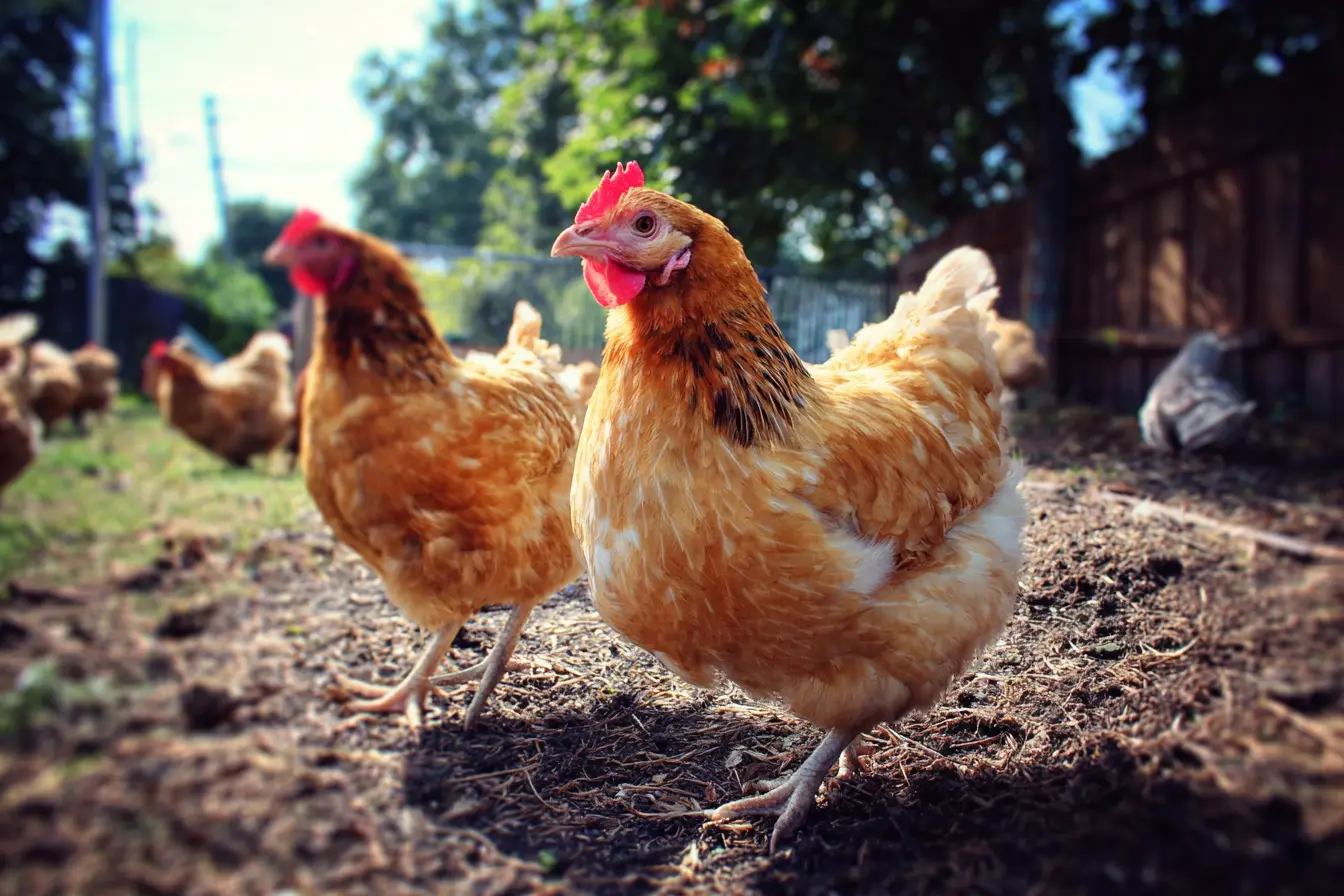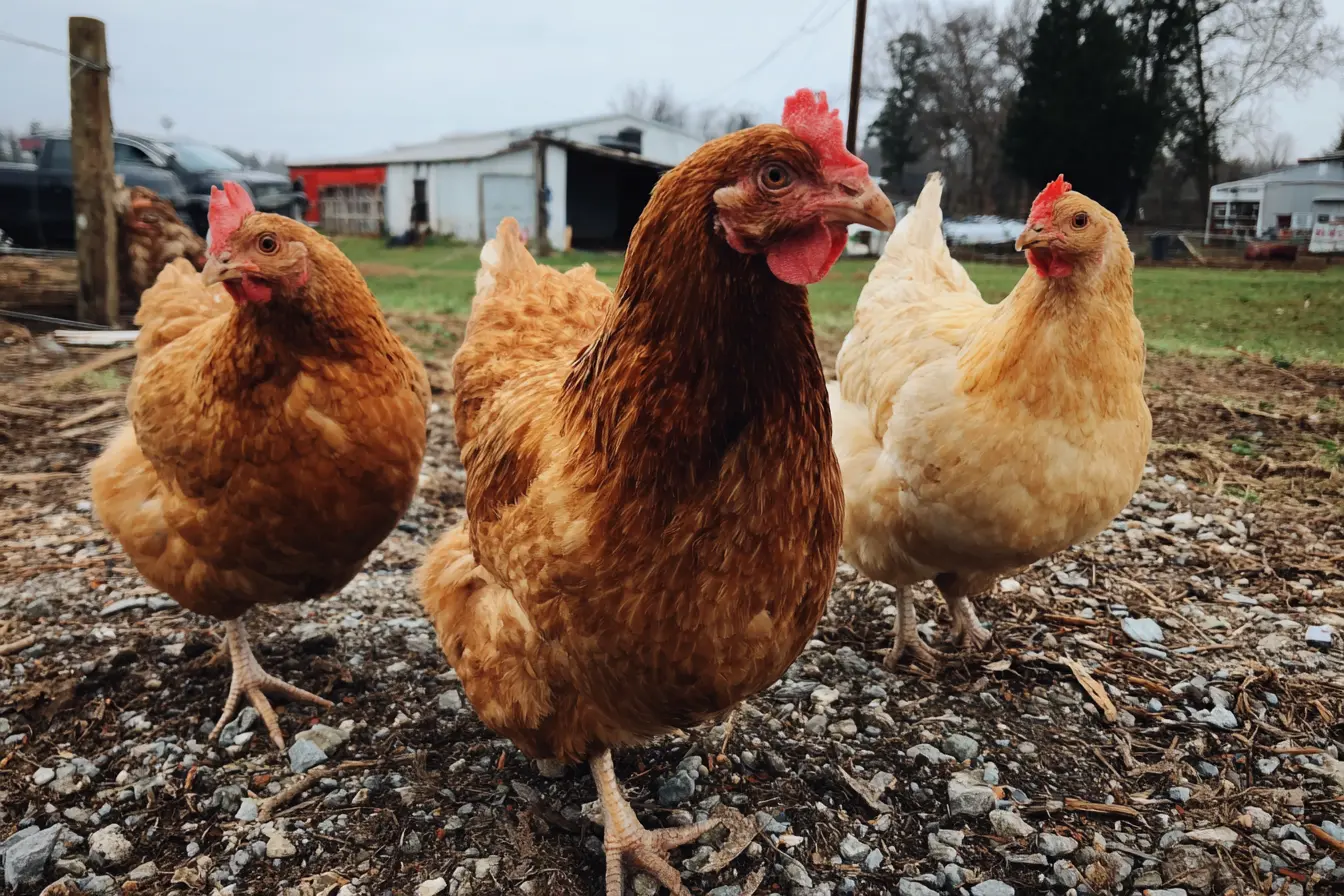
Newcastle Disease in Ducks: What Duck Keepers Need to Know
Newcastle Disease is a highly contagious viral illness that affects many types of birds, especially poultry. While chickens are highly susceptible, ducks are generally more resistant. However, that doesn’t mean duck keepers can ignore it. Ducks can act as carriers and occasionally suffer mild to moderate illness, particularly when exposed to virulent strains.
In this post, we’ll explore how Newcastle Disease affects ducks, its symptoms, transmission, and what steps you can take to protect your flock.
What is Newcastle Disease?
Newcastle Disease (ND) is caused by the Avian Paramyxovirus type 1 (APMV-1). The virus affects the respiratory, digestive, and nervous systems of birds. It varies in severity depending on the strain—from mild to highly virulent (“velogenic” strains).
While ducks are less likely to become seriously ill than chickens, they can still:
- Show clinical signs
- Shed the virus to other birds
- Be affected if immunocompromised or very young
This makes ducks a potential risk factor in mixed or free-range flocks.
History and Significance
First identified in the 1920s, Newcastle Disease has had devastating impacts on poultry industries worldwide. It remains a notifiable disease in the UK, meaning any suspected case must be reported to the Animal and Plant Health Agency (APHA).
The disease can cause up to 100% mortality in unvaccinated chickens, and outbreaks lead to movement restrictions, culling, and trade bans. While ducks rarely die from it, their role in transmission should not be underestimated.
How it Spreads
Newcastle Disease spreads rapidly via:
- Aerosols from coughing or sneezing birds
- Faeces and droppings
- Contaminated feed, water, bedding, or equipment
- Contact with wild birds
- Humans carrying virus particles on shoes, clothing, or tools
Ducks may not show clear signs but can carry and shed the virus for weeks, especially if kept near infected chickens or wild birds.
Symptoms in Ducks
Clinical signs in ducks are often mild or absent, but when symptoms occur, they may include:
- Nasal discharge
- Coughing or sneezing
- Lethargy or dullness
- Watery or greenish diarrhoea
- Poor coordination
- Twisting of the neck (torticollis)
- Drop in egg production (for laying ducks)
In young or immunocompromised birds, signs may be more severe. Sudden death is rare but possible with highly virulent strains.
Diagnosis
Due to the variability of symptoms, especially in ducks, diagnosis is confirmed through laboratory testing:
- PCR testing for viral RNA
- Virus isolation in embryonated eggs
- Serology to detect antibodies
Testing is critical in mixed flocks or when an outbreak is suspected in nearby poultry holdings.
Treatment
There is no cure for Newcastle Disease. Supportive care can help mildly affected ducks recover, but treatment is not effective for highly virulent strains.
- Provide fresh water and good nutrition
- Isolate symptomatic birds
- Maintain a clean, stress-free environment
Due to its status as a notifiable disease, a confirmed case requires official intervention.
Prevention and Control
Vaccination
- Vaccination is common and essential in chickens
- Ducks are not routinely vaccinated, but some commercial operations may choose to do so, particularly if ducks are kept with chickens
- Discuss vaccination options with a poultry vet if you manage a mixed-species flock
Biosecurity Measures
- Quarantine new birds for at least 21 days
- Prevent contact with wild birds and waterfowl
- Use dedicated clothing and boots in bird areas
- Disinfect tools, feeders, and drinkers regularly
- Minimise visitors to your flock
Mixed Flocks
- Be especially cautious if you keep ducks and chickens together
- Chickens are more susceptible and can quickly succumb, while ducks may silently spread the virus
Newcastle Disease vs Other Duck Illnesses
Because ducks show subtle signs, ND may be confused with:
- Avian influenza
- Riemerella anatipestifer infection
- Duck viral enteritis (Duck Plague)
- Meningitis or niacin deficiency (if neurological symptoms present)
Accurate diagnosis by a vet is essential for controlling the spread and responding appropriately.
Reporting Suspected Cases
In the UK, Newcastle Disease is notifiable. If you suspect an outbreak:
- Isolate affected birds immediately
- Do not move birds or equipment off your property
- Contact your local APHA office or Defra Rural Services Helpline
Failure to report suspected disease can lead to serious legal and biosecurity consequences.
Key Takeaways
- Newcastle Disease is a serious, highly contagious virus affecting many types of birds
- Ducks are more resistant but can show mild symptoms and spread the virus
- The disease is a notifiable threat in the UK and requires urgent reporting
- Biosecurity and good flock management are essential to prevention
- In mixed-species flocks, ducks can act as silent carriers and endanger chickens
Final Thoughts
Even though ducks are less affected by Newcastle Disease than chickens, they still play an important role in its spread. Whether you keep ducks alone or as part of a mixed flock, practising strong biosecurity and understanding the signs of ND can help you protect your birds and prevent a wider outbreak.
Vets near you
Speciality vets
- Aquatics vet specialists
- Birds vet specialists
- Camelids vet specialists
- Cats vet specialists
- Cattle vet specialists
- Deer vet specialists
- Dogs vet specialists
- Equines vet specialists
- Exotic vet specialists
- Goats vet specialists
- Pigs vet specialists
- Poultry vet specialists
- Sheep vet specialists
- Small Mammals vet specialists
- Wild vet specialists
Vet facilities
- Accessible by public transport
- Blood testing
- Car park nearby
- Client car park
- Dentistry
- Diagnostic imaging
- Disabled public access
- Flea and worm treatments
- Microchipping
- Mobile services
- Neutering
- Open at weekends
- Out-of-hours service
- Referral interests
- Referrals only
- Street parking outside
- Toilets available
- Vaccinations



